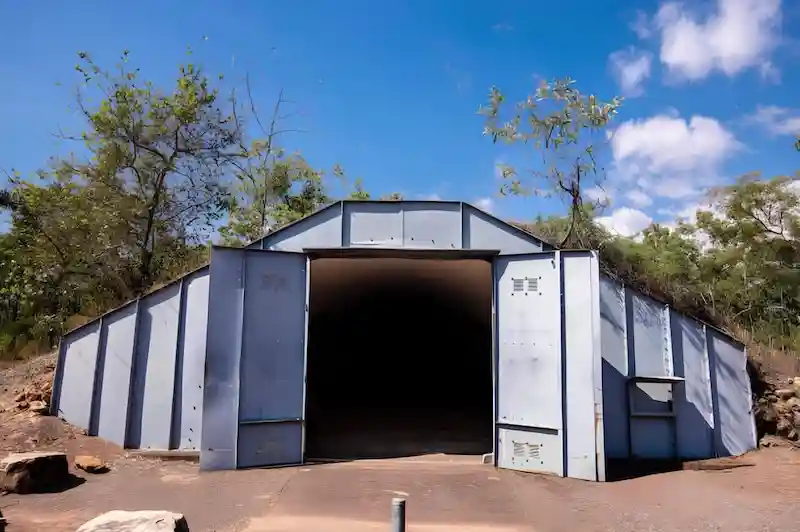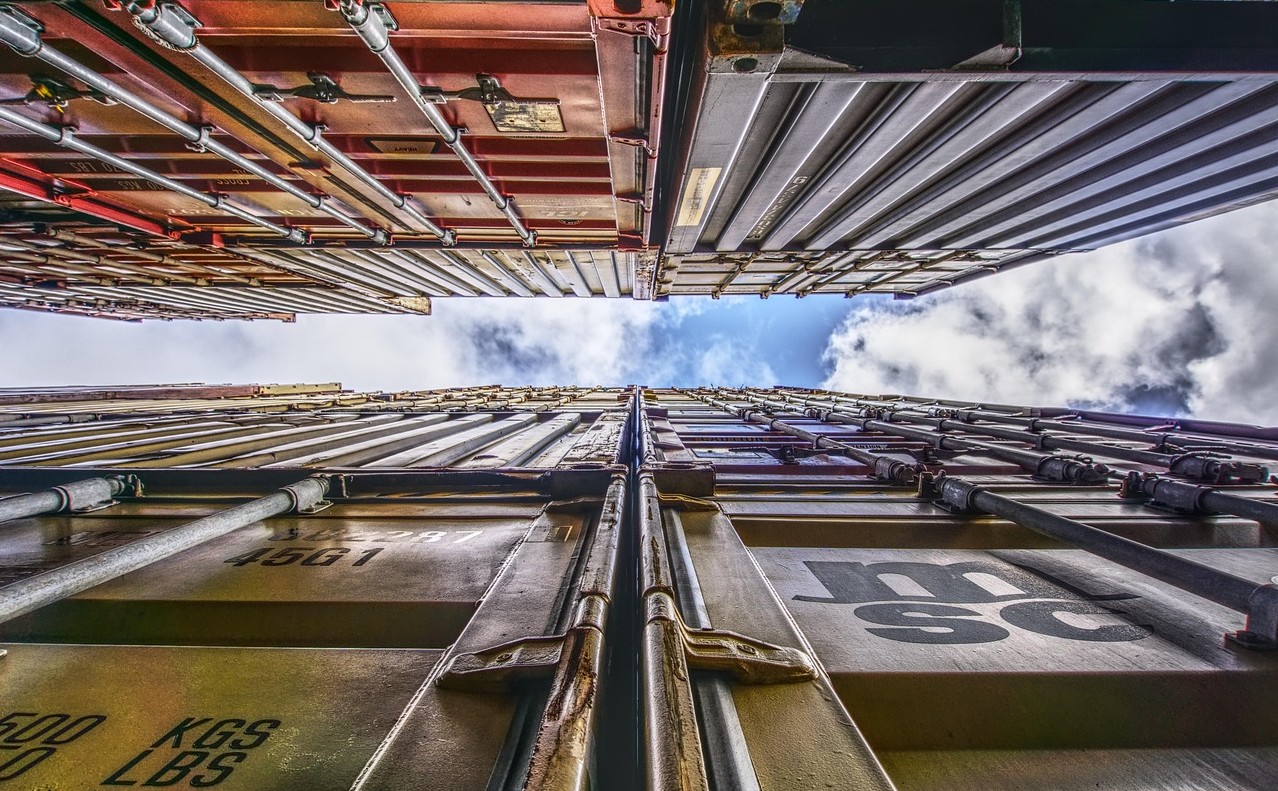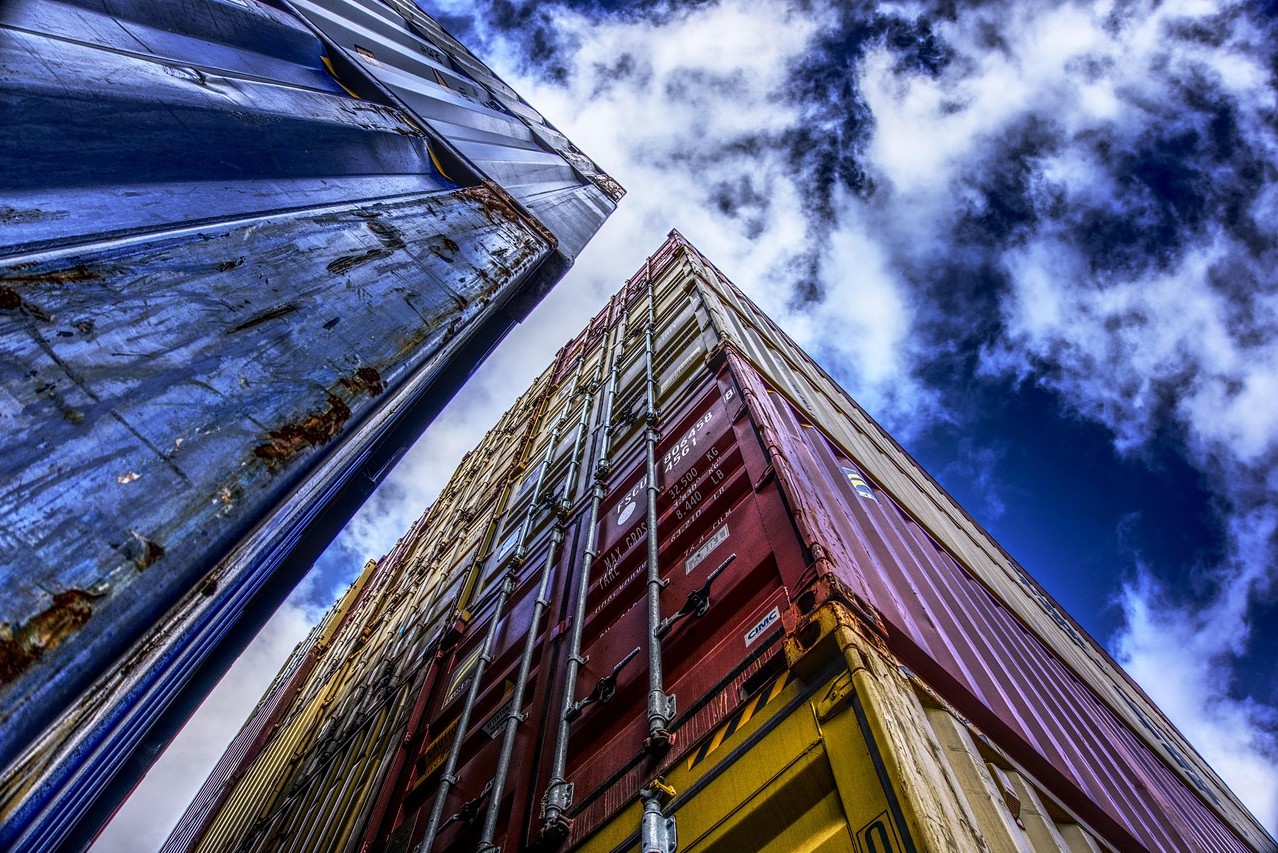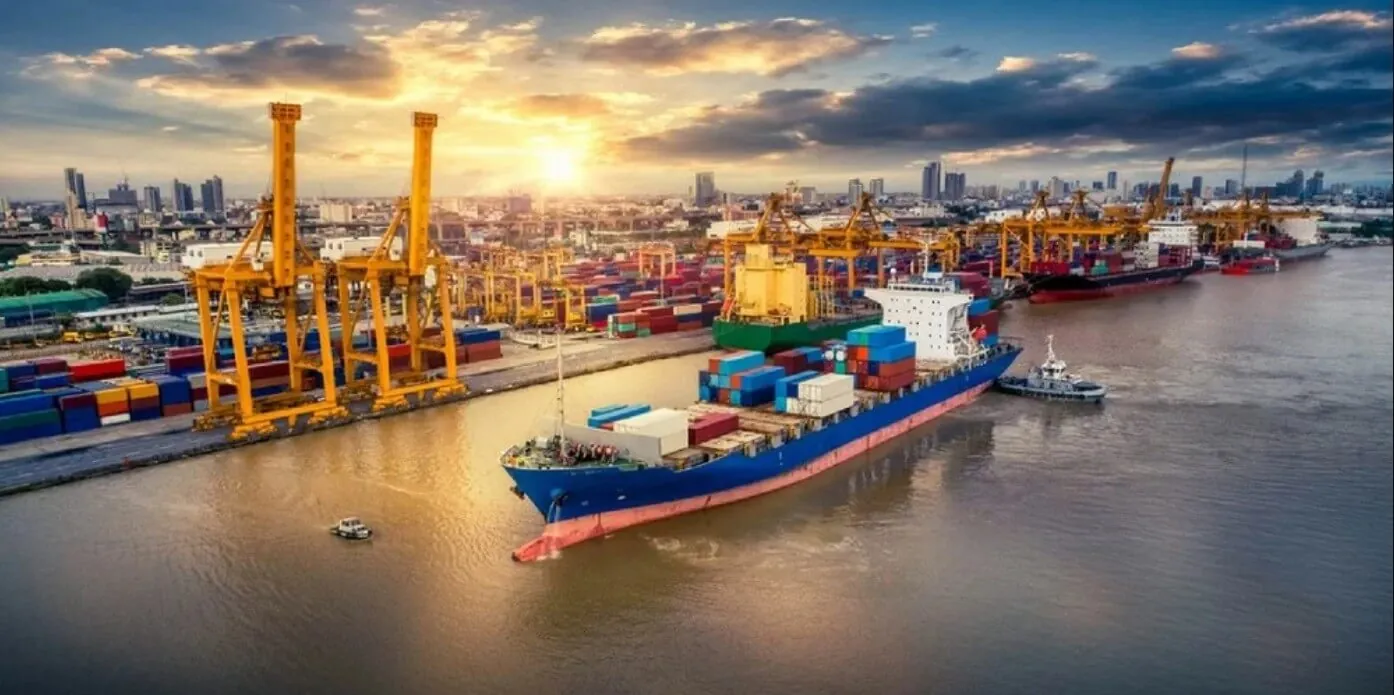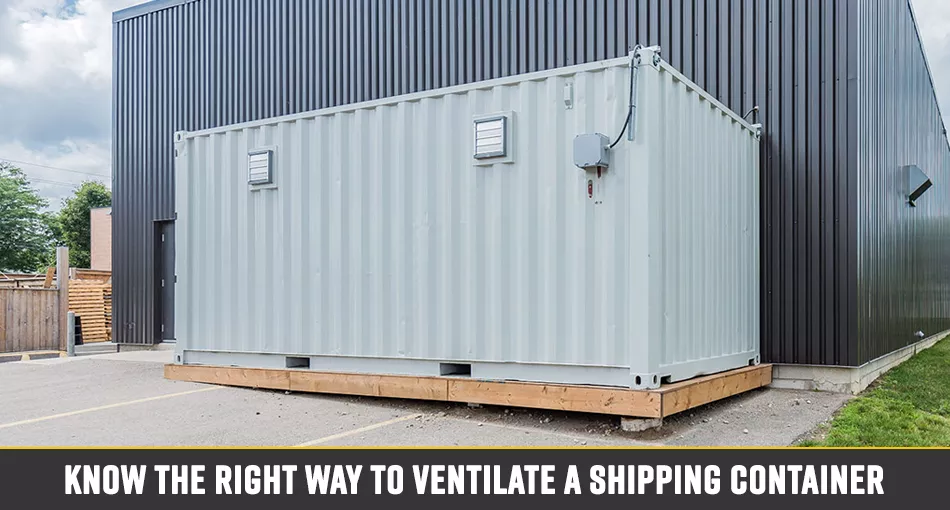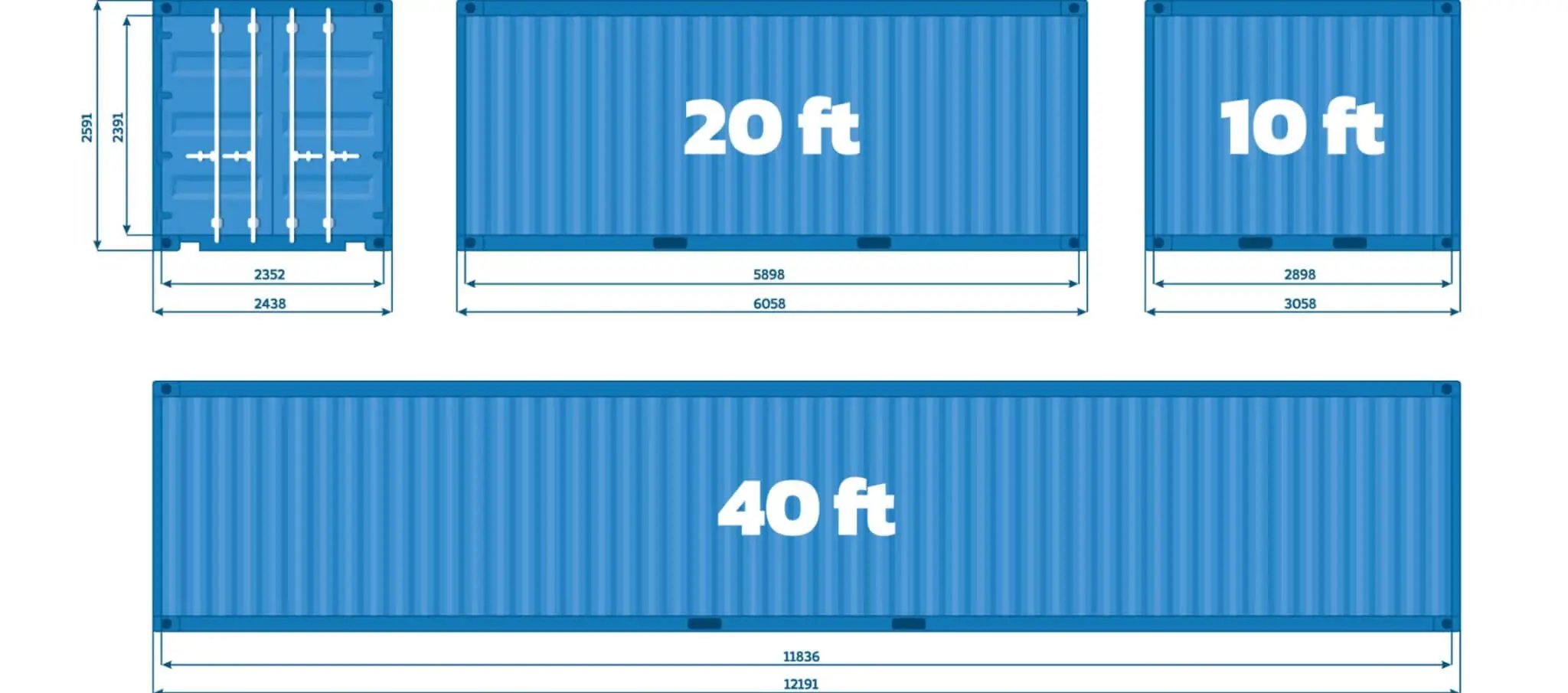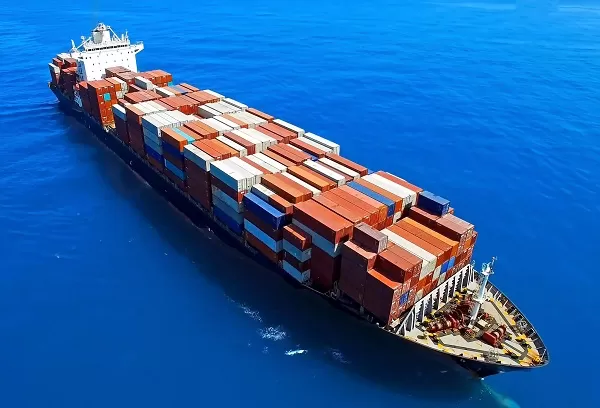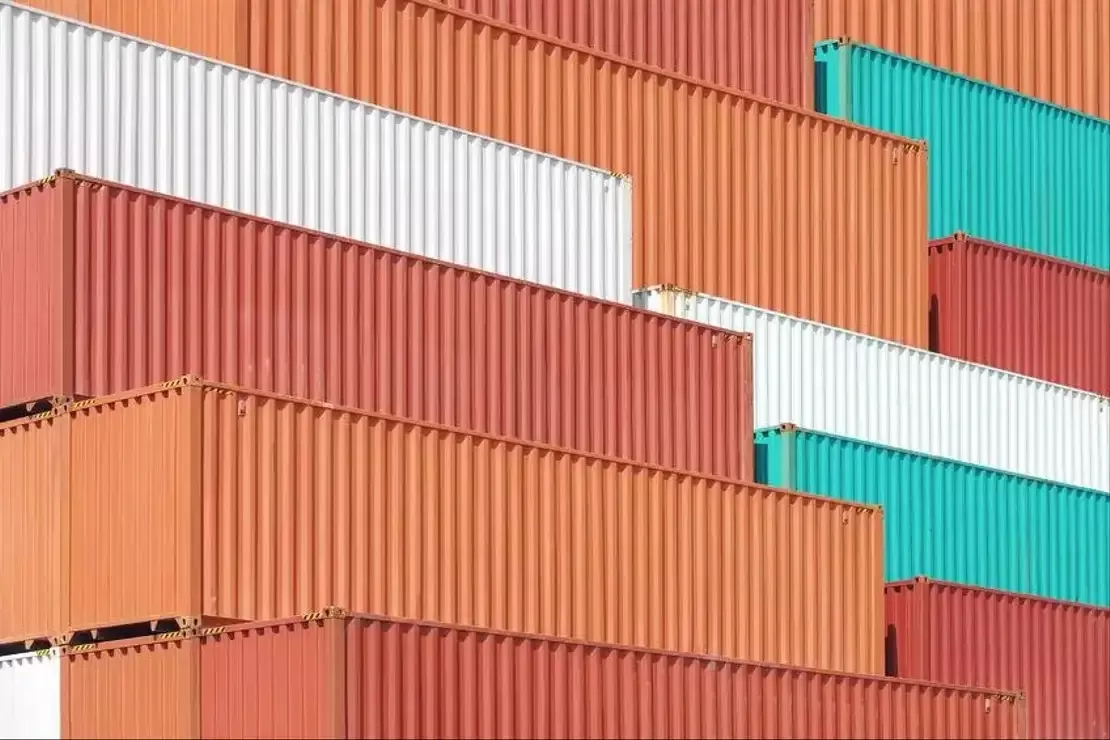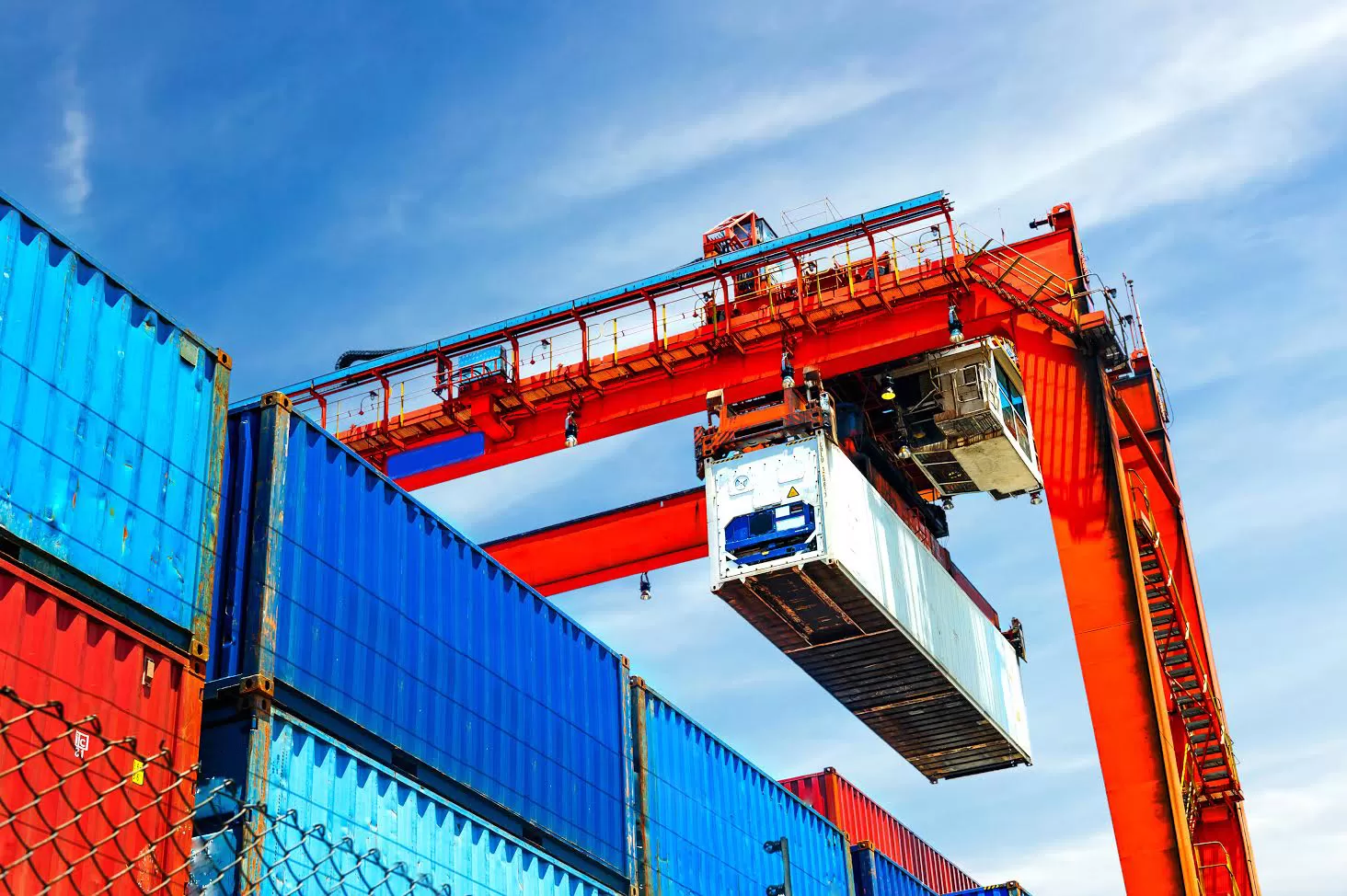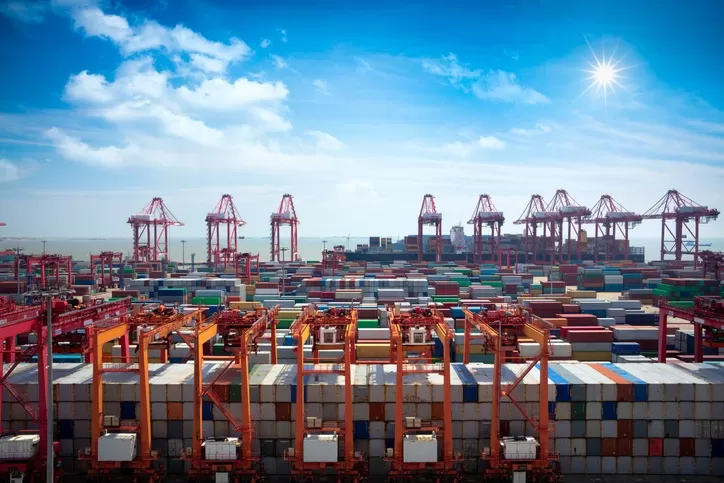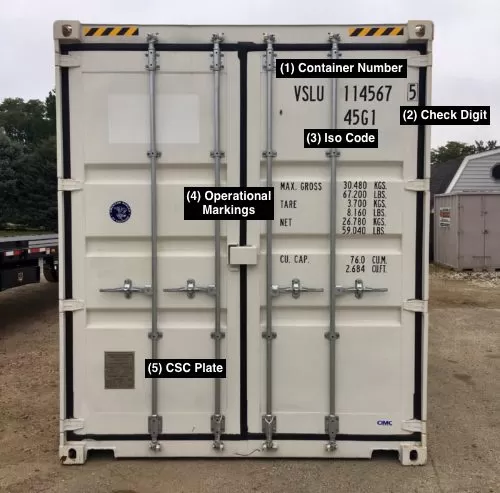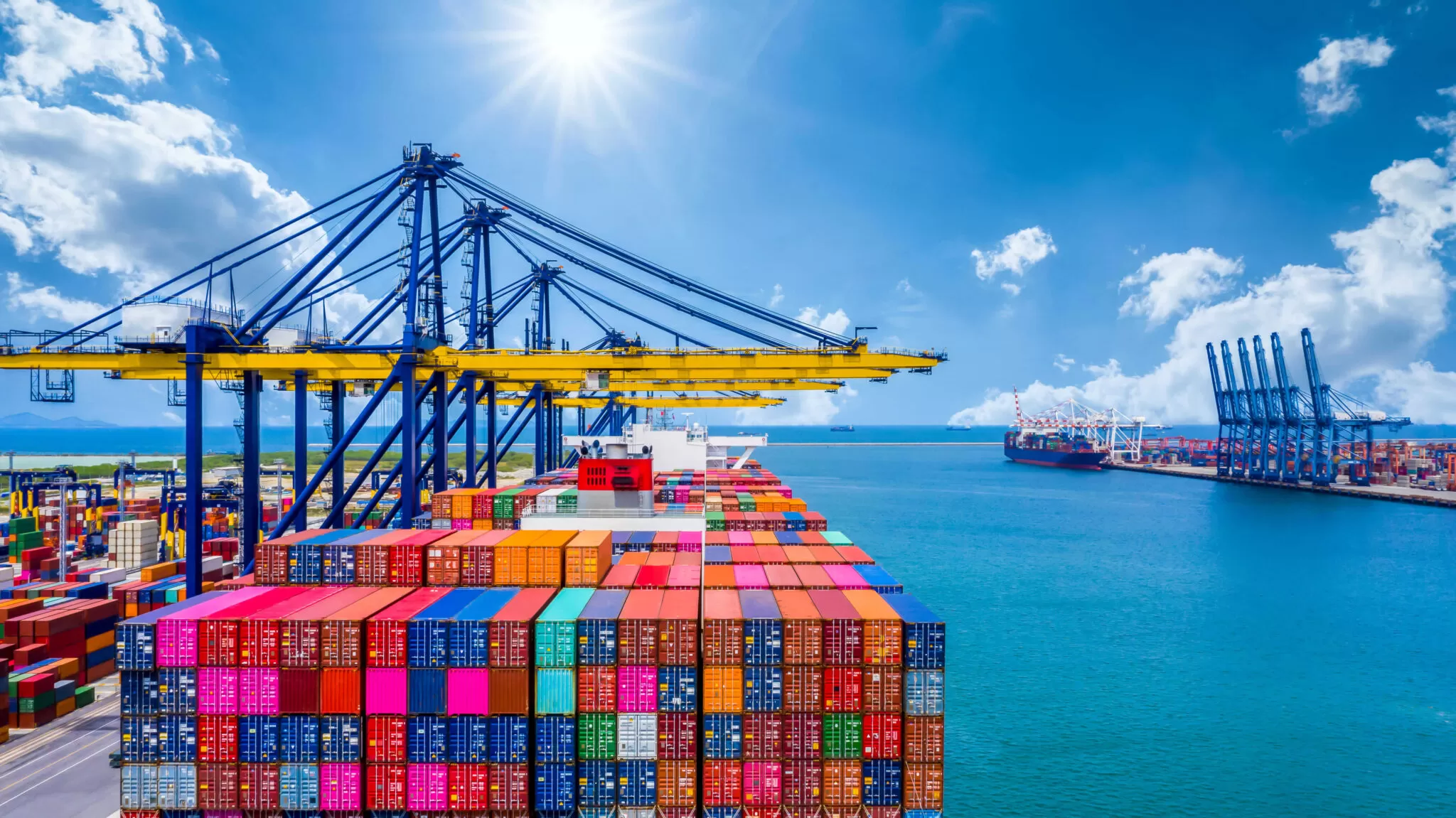What’s the Total Cost to Rent a Storage Container?

If you want to rent a storage container, one of the first things you probably wonder is, “What’s this going to cost me?” It’s a fair question because no one likes hidden fees or surprises when planning a budget. There are a lot of factors that affect the total cost, so you need to figure out what’s worth it and what’s not.
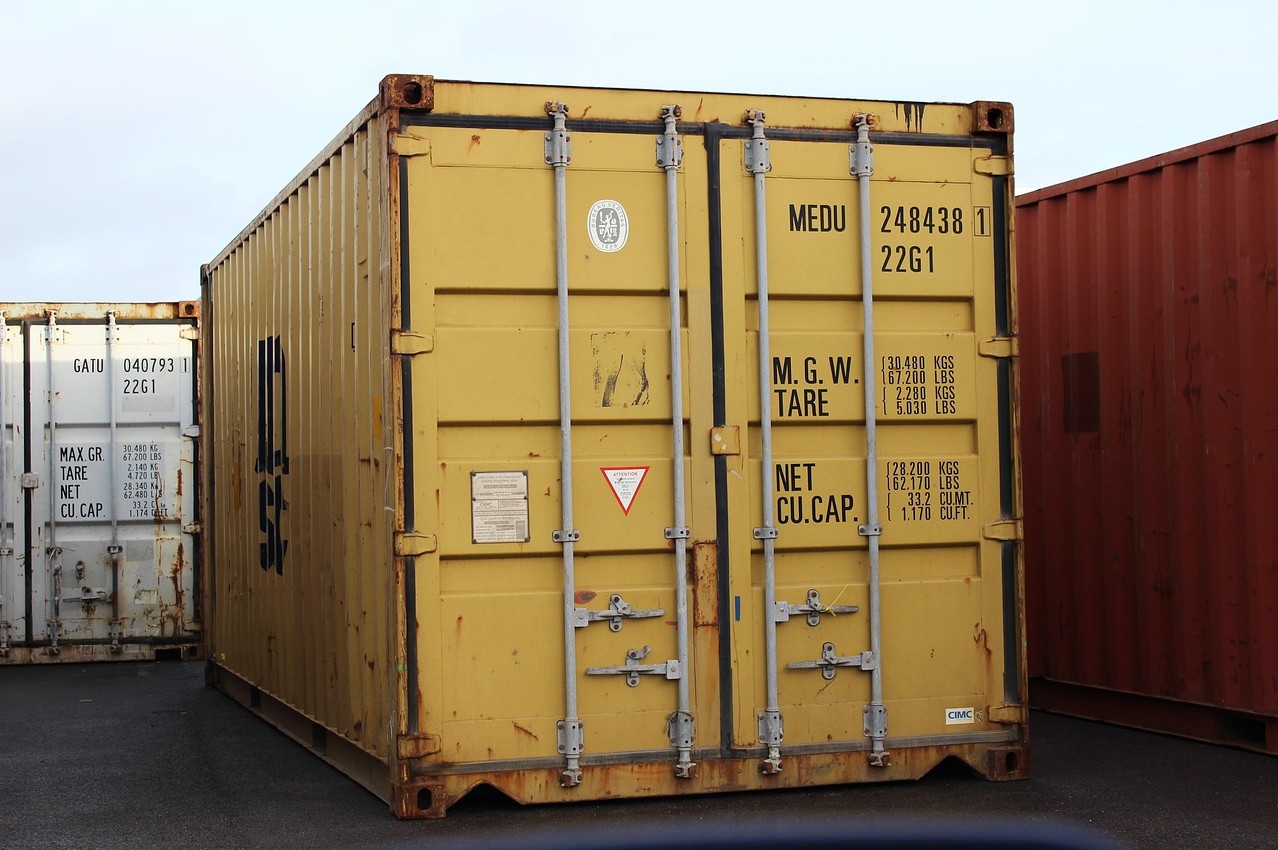
Factors Influencing Storage Container Rental Costs
The price tag for renting a storage container isn’t a fixed number; several key factors influence the cost you’ll pay.
Location: How Geography Affects Rental Prices
Where you live or need the shipping container delivered affects the overall cost: urban areas have higher rental prices due to increased demand or logistical challenges of delivery. Renting in rural areas comes with lower rates, but you’ll have to pay extra for transportation since suppliers may need to bring the container from a distant hub. If there’s a storage container supplier around the corner, delivery fees are minimal, but if you’re in an area with limited options, costs quickly add up. To learn more about specific delivery conditions and costs, you can check out our delivery guidelines.
Container Size: Different Sizes and Their Cost Variations
Size matters — not just for what you’re storing, but for how much you’re going to pay:
- 10ft containers are compact and efficient, and because of their size, they are usually the cheapest option. But fair warning: they may fill up faster than you expect, so evaluate what you need to store.
- 20ft containers are big enough to handle the contents of a small apartment or several rooms of furniture but still manageable for most storage needs. Sure, a 20ft container is pricier than a 10-footer, but its versatile dimensions justify the cost.
- For large-scale projects requiring a lot of room, 40-foot standard or 40-foot high cube containers are ideal since they can hold heavy equipment, automobiles, and even the contents of a whole home. Naturally, this size entails a higher rent.
The cost isn’t just determined by size; for instance, renting a container may become much more expensive if you need to keep perishable goods at a certain temperature. Similarly, if security is a concern, buying a container with reinforced locks or anti-tamper design adds to the price — but the added peace of mind is often worth it.
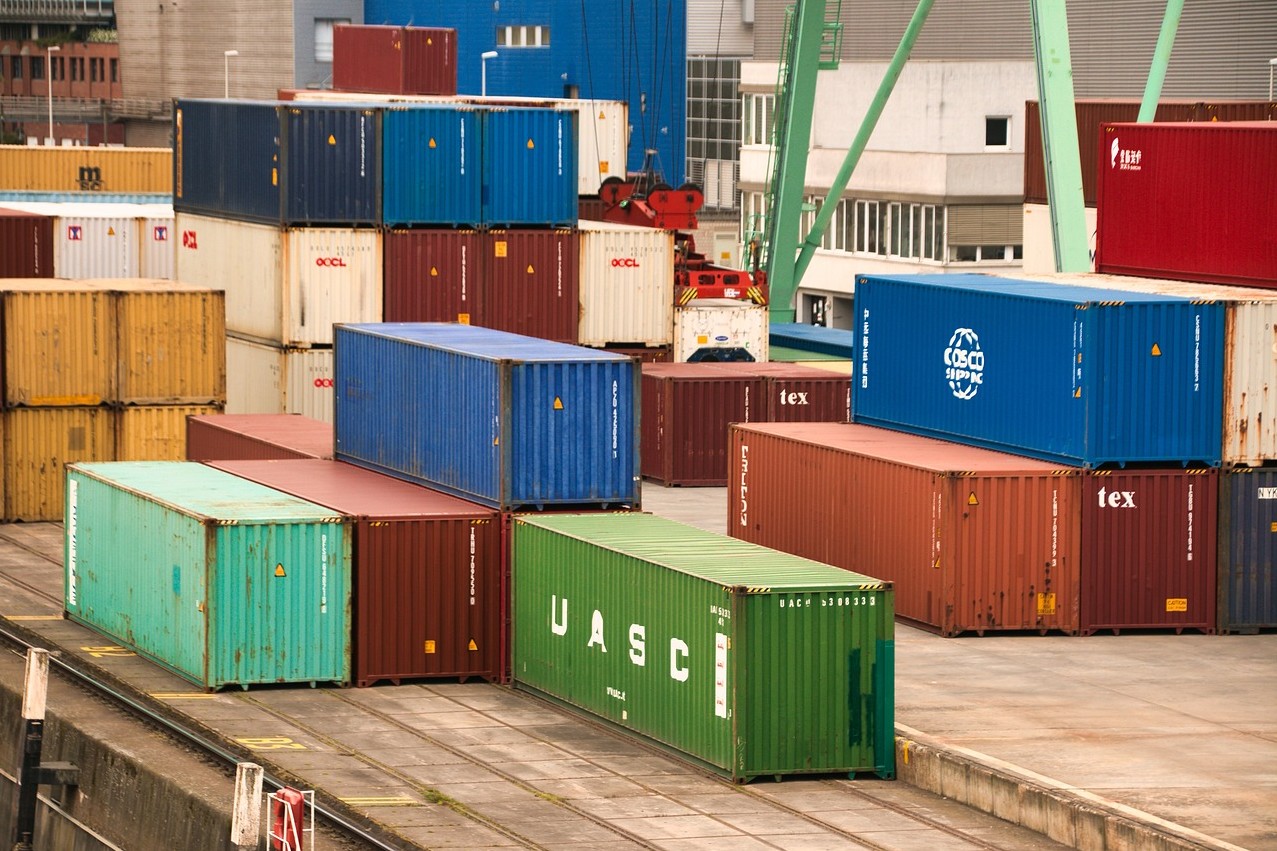
Rental Duration: The Impact of Short-term vs Long-term Rentals
Another factor to think about is how long you’re renting the container. A short-term rental duration, like a few weeks or a month, seems affordable at first glance, but the daily rates tend to be higher. But if you rent a cargo container for a few months or perhaps a year, you could save money since the providers offer generous discounts. But keep in mind that some agreements say how long you have to rent the container and may even charge you more if you return it early.;
Cost of Special Features and Modifications
The base cost is just the start: if you want to upgrade your container with special features or modifications, be prepared for additional payments:
- Climate control. Climate-controlled containers protect temperature-sensitive items like electronics, artwork, or antiques, but this feature comes with a higher price tag, as the technology to regulate the internal temperature increases the overall cost.
- Reinforced security. Security upgrades like heavy-duty locks, tamper-resistant doors, and advanced security systems are especially useful if you’re storing valuable equipment or items in areas prone to theft, but they cost more.
- Shelving and organization. Shelving keeps everything tidy and accessible, but of course, it’ll bump up the price.
- Custom paint and branding. Custom paint jobs or a branded design is more of a cosmetic upgrade, but it’s especially useful if the container will be used in a visible location. Be aware, though, that customizing the exterior increases your costs, as it’s not a standard feature and requires extra work.
These upgrades will make your cargo container far more functional and stylish, but you should carefully balance what you need with what you’re willing to spend.
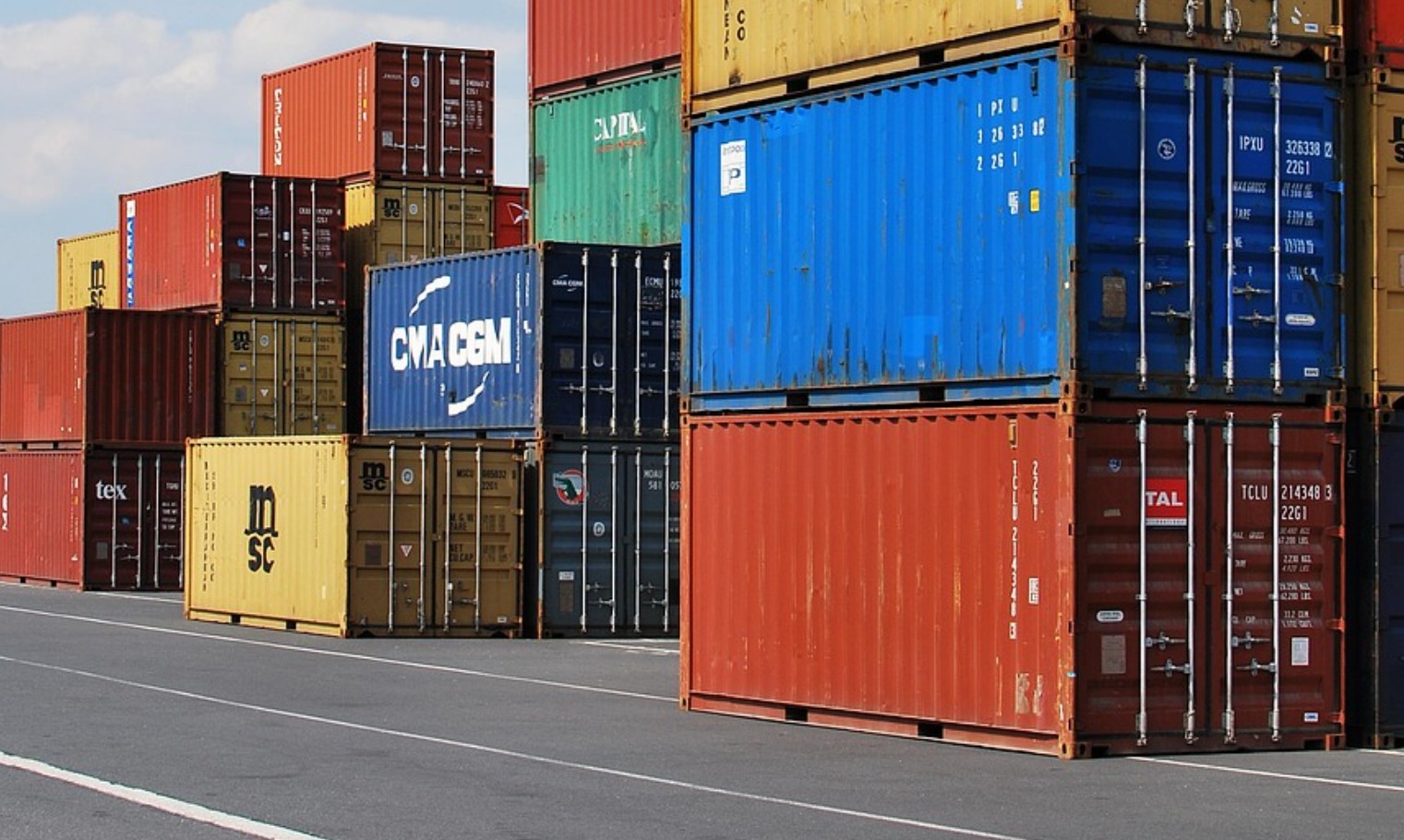
Seasonal Variations in Rental Costs
The price of renting a storage container fluctuates during certain times of the year. For example, when summer rolls around, so does the busy season for storage containers because of the moving season, home renovation projects, and a construction boom when the weather’s nice. If you know you’ll need a container in summer, book early to lock in a better rate before the rush hits.
On the other side, winter often sees a dip in demand: people don’t want to face freezing temperatures while loading or unloading a container, and construction tends to slow down in colder climates.
Spring and fall tend to be more moderate seasons in terms of rental costs. Activity picks up, but it’s not the frenzy of summer. These “shoulder seasons” offer a sweet spot, with enough availability and rates that don’t break the bank. You can find out more about when such seasons start and end in our container-buying guide.
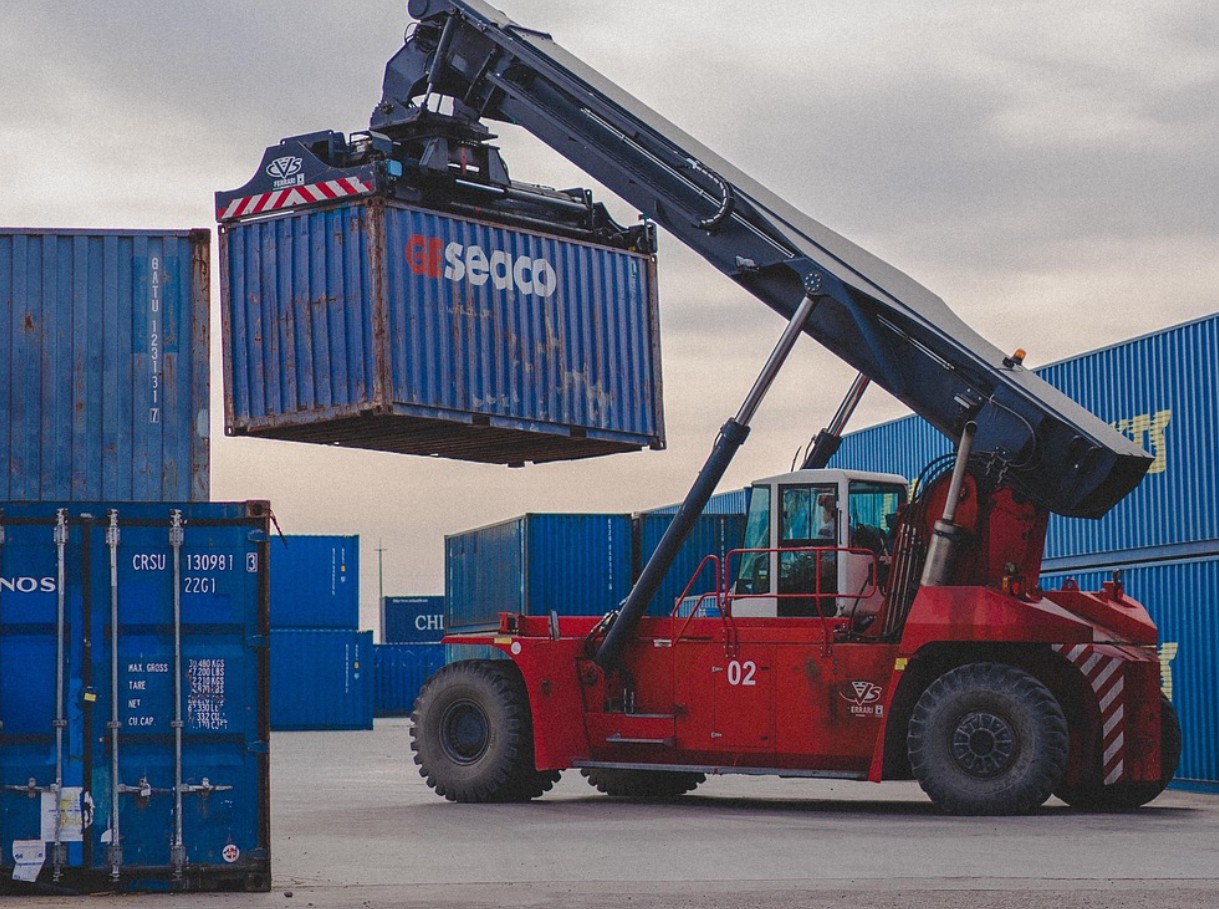
Conclusions
Finding out the total cost of renting a shipping container comes down to a few key things: the size of the container, how long you’ll need it, any modifications like climate control or extra security, and even when you rent. One easy way to save time and money is to plan, preferably during off-peak seasons or when rates are lower.
Vanessa is a dedicated writer and content enthusiast at Pelican Containers. With a background in practical writing and a keen eye for clarity, she transforms complex container topics into easy-to-understand and useful content. Her passion lies in exploring the evolving world of container usage — from smart storage hacks to global logistics trends.
When she's not writing, Vanessa loves discovering creative shipping container projects or traveling to find new inspiration.
Explore thoughtful, informative, and accessible content with Vanessa!
Vanessa is a dedicated writer and content enthusiast at Pelican Containers. With a background in practical writing and a keen eye for clarity, she transforms complex container topics into easy-to-understand and useful content. Her passion lies in exploring the evolving world of container usage — from smart storage hacks to global logistics trends.
When she's not writing, Vanessa loves discovering creative shipping container projects or traveling to find new inspiration.
Explore thoughtful, informative, and accessible content with Vanessa!
FAQ
How much is it to rent a container for a month?
The size, features, and location of the storage container all affect how much it costs to rent one for a month, but on average, you should expect to spend between $100 and $500 a month.
What factors influence the cost of renting a storage container?
The cost of renting a storage container depends on its size, rental duration, how much demand there is for it at certain times of the year, and any particular changes you want to make.
How do location and delivery fees impact the total cost of renting a container?
You should expect to pay a much higher delivery charge if you reside in a rural region or are located far from the rental provider’s base since these agreements are usually determined by the distance the container has to travel to reach you.
What additional costs should be considered when renting a storage container?
Maintenance, insurance, locks, accessories, and pick-up fees are all extra costs.
How can I save money on a storage container rental?
If you plan early (like before a busy season), look around, and choose a container that has the correct dimensions and features for your requirements, you will obtain a better bargain on a rental.

